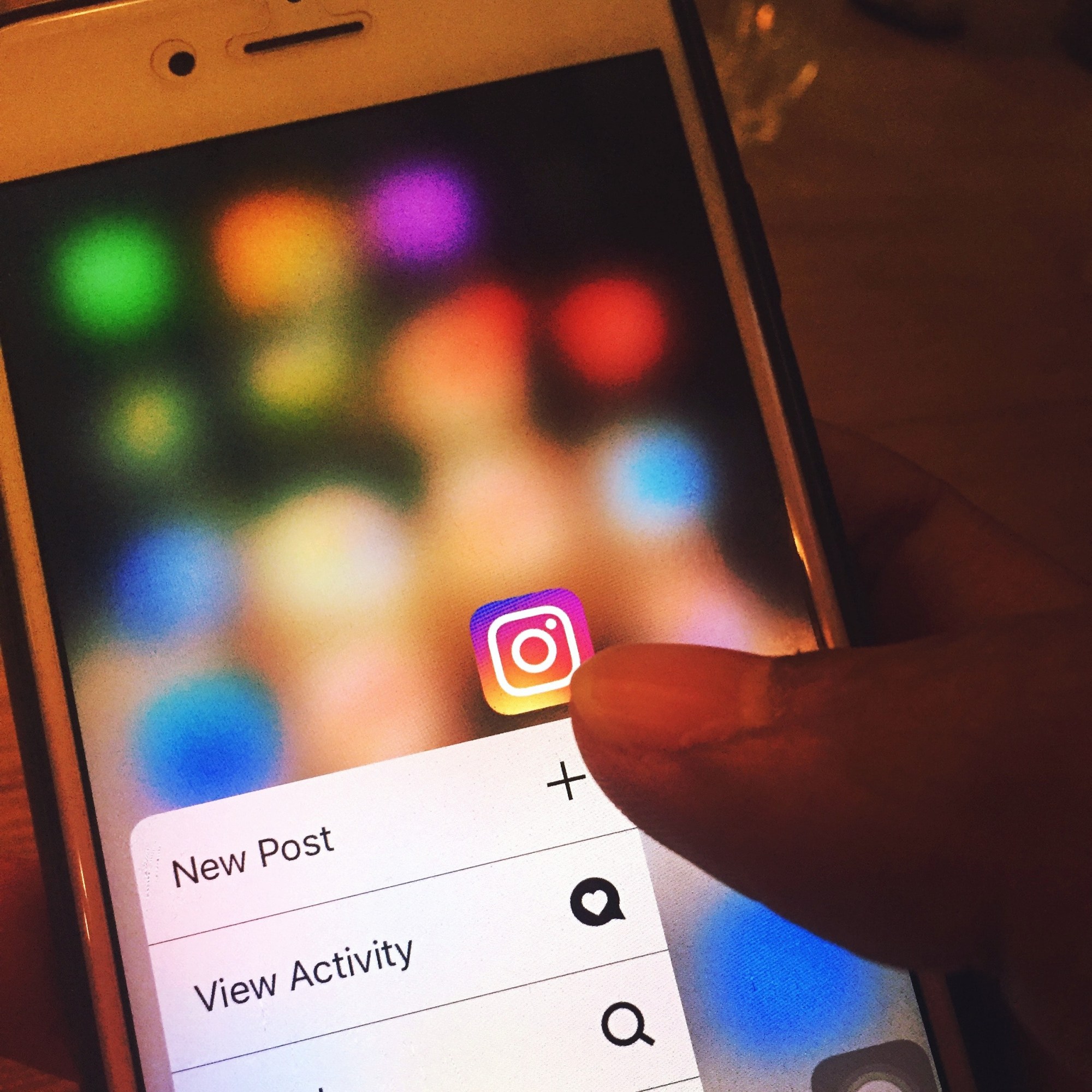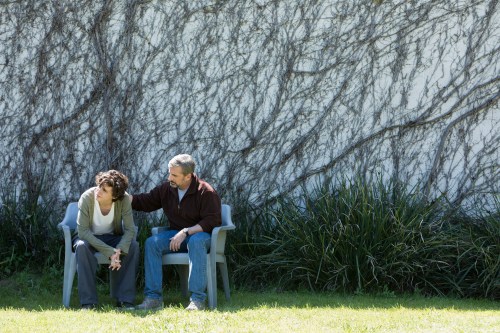For a lot of us, ‘spend less time on social media’ was pretty high up on the agenda for 2019 New Year’s resolutions, and rightly so. Not only does excessive time on Instagram, Twitter and — for whoever is still rattling about on that dead site — Facebook, waste hours of our days, every day, it’s also affecting our decisions and making us more likely to engage in “risky behaviours” according to a new study published today.
The idea that social media can have a negative affect is not new, but this new research, published by Michigan State University, shows that this can extend far beyond depression and anxiety (as if that wasn’t bad enough already). The university’s study shows there is a connection between heavy social media use and impaired, risky decision-making, likening the effect to the same impaired decisiveness found in the brains of people with substance abuse problems.
“Around one-third of humans on the planet are using social media, and some of these people are displaying maladaptive, excessive use of these sites,” said Dar Meshi, lead author and assistant professor at Michigan State. “Our findings will hopefully motivate the field to take social media overuse seriously.” Dar’s team’s findings, which appeared in the Journal of Behavioural Addictions, are the first of their kind in exploring the link between social media and risky behaviour. The researchers likened our psychological dependence on social media to the brain chemistry of addicts, who can “sometimes fail to learn from their mistakes and continue down a path of negative outcomes,” according to the professor.
The study asked 71 participants to take a survey which measured their psychological dependence on Facebook, asking them questions about their preoccupation with the platform, their feelings when unable to use it, attempts — if any — to quit and the impact that Facebook has had on their job or studies. The participants were then asked to take the Iowa Gambling Task, which measures decision-making by asking people to choose from various decks of cards based on the probability of the best outcome. Participants are presented with four virtual decks of cards on a computer, and are told that each deck holds cards that will either reward or penalise them, using game money. The goal of the game is to win as much money as possible by choosing “good decks” which reward the player, rather than “bad decks” that contain more penalising cards. The researchers found how badly the participants did in the task directly correlated to how excessively they used social media, and that their results were similar to those with drug addictions.
“With so many people around the world using social media, it’s critical for us to understand its use,” Dar Meshi tells Science Daily. “I believe that social media has tremendous benefits for individuals, but there’s also a dark side when people can’t pull themselves away. We need to better understand this drive so we can determine if excessive social media use should be considered an addiction.”


